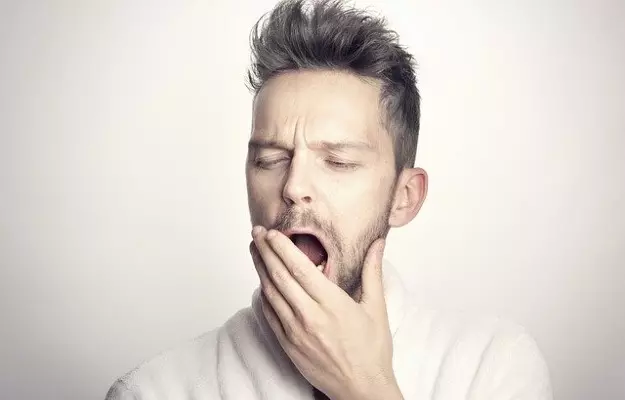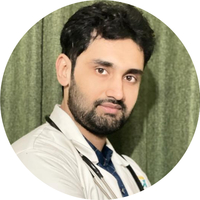The natural reaction of the body to tiredness or sleepiness is to yawn. Sometimes we yawn because of anxiety and stress. At other times we yawn because we saw someone else do so. Some yawns can be of a shorter duration, others can be longer.
A small and involuntary action, yawning is a process in which the mouth opens as wide as it can to allow us to breathe in deeply. We yawn primarily as a response when we are too tired or sleepy. The more a person yawns, the more tired he or she is likely to be.
Social media—at least in the Indian subcontinent—has been abuzz over pictures of Pakistan’s former cricket captain Sarfaraz Ahmed yawning during his team’s recent series against England, leading to the creation of numerous memes, arguing if the player was too uninterested or tired during a professional sporting event.
Though the memes may be a passing fad, the incident begs answers to some interesting questions: is there such a thing as excessive yawning? What are the signs of it? Does yawning—or yawning too much—have any long-term health effects on a person? Read on to know more about the numerous health aspects linked with yawning.




































